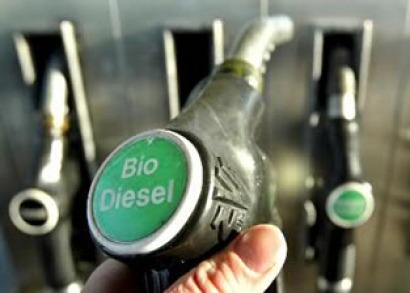
The production of biofuel in Europe has grown significantly over the years, due to favourable policies adopted by the European Union (EU), with the formulation of various directives for all European countries. The main legislation promoting the uptake of biofuels across Europe has been: two Renewable Energy Directives, (2009/28/EC, 2003/30/EC), the Energy Taxation Directive (2003/96/EC) and the Directive on the Quality of Petrol and Diesel fuels (2009/30/EC).
The Renewable Energy Directive, 2003/30/EC called for a 5.75% market share of biofuel among all transport fuels. This was to be achieved by all member states by 2010. Whereas the market share directives for 2010 still remain in place, the new directive targets for 20% of the share of renewable energies in overall Europe energy consumption by 2020.
The EU also intervenes and controls the market price to maintain a balance by artificially increasing consumer and producer price whenever required. “In the EU, blending rates and border protection tariffs are very important for maintaining the dynamics of the biofuel market,” says GBI Research. The blending rate demonstrates mandatory requirements for the share of biofuel in transport fuels sold. The border protection tariff intends to protect European production of biofuel through tariffs on biofuel imports.
While GBI Research recognises in its latest report that the EU has been actively involved in formulating policies which will encourage and promote the use of biofuel in Europe, and that increasing oil prices and the need for energy independence will spur the development of the biofuel market in Europe, it warns that the supplies required to meet the increase in demand is likely to remain the same or lessen because of the availability of land. “In Europe, substituting all current gasoline consumption with ethanol would require more land for rapeseed production than is presently under agricultural production. The use of technology will be central to boost the role of biofuel. If suitable technological advancement is not available, and then the availability of land for feedstock production will be a major challenge for the development of biofuel required to meet the demand in Europe,” says the global business intelligence provider.
It therefore concludes that budgetary support linked to the volume of biofuel produced or consumed, support for intermediate inputs, support for value-adding factors, support related to distribution and consumption and support for research and development are all required if biofuel production and consumption is to rise to sufficiently high levels to make inroads into curbing fossil fuel usage.
For Additional information:

